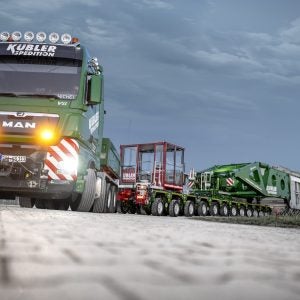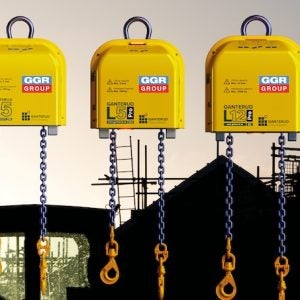NCCCO’s National Crane Inspector Certification Program will cover six areas of content: pre-inspection survey, records review, visual inspection, operational testing, load testing and charts, and post-inspection.
Successful certification at the end of the programme will ensure candidates are competent at inspecting cranes after assembly, repair, jumping operations and disassembly, in accordance with OSHA 29 CFR 1926 Subpart CC.
Candidates signing up for the programme are required to have at least five years of practical or educational experience relevant to cranes, and must provide detailed references, work history and educational background before being permitted to sit the exams.
President of HESCO (Niantic, CT) and chairman of the CCAA, Ed Shapiro, said: “NCCCO and CCAA mutually recognise the importance of safe crane operations and the role of certification in ensuring that personnel have the knowledge necessary to inspect and certify cranes.
“This latest CCO certification will effectively ‘close the loop’ on jobsite lift safety by providing a way for crane inspectors to show that they are qualified to inspect cranes and be sure that cranes are safe for use.”
NCCCO’s new certification is the result of work by a 45-member Crane Inspector Task Force, which also included psychometric consultants from the International Assessment Institute (IAI), who have worked closely with the NCCCO since 1999.
Each year of practical experience candidates have of duties such as crane operator, crane mechanic/technician, crane shop foreman and crane inspector are counted towards the five years acceptance criteria.
In addition, qualifications covering engineering, physics, applied mathematics, applied science courses related to non-destructive testing, construction technology, heavy equipment technician/mechanic courses and welding technology count towards the five year total at a ratio of two year’s education to one year’s experience.
NCCCO programme manager Joel Oliva commented: “We expect that this new crane inspector certification will be popular with owners and employers who understand the safety and cost benefits of a professionally developed assessment process and who recognize its place within a comprehensive risk management process, while also meeting their obligations under state and federal requirements.”






